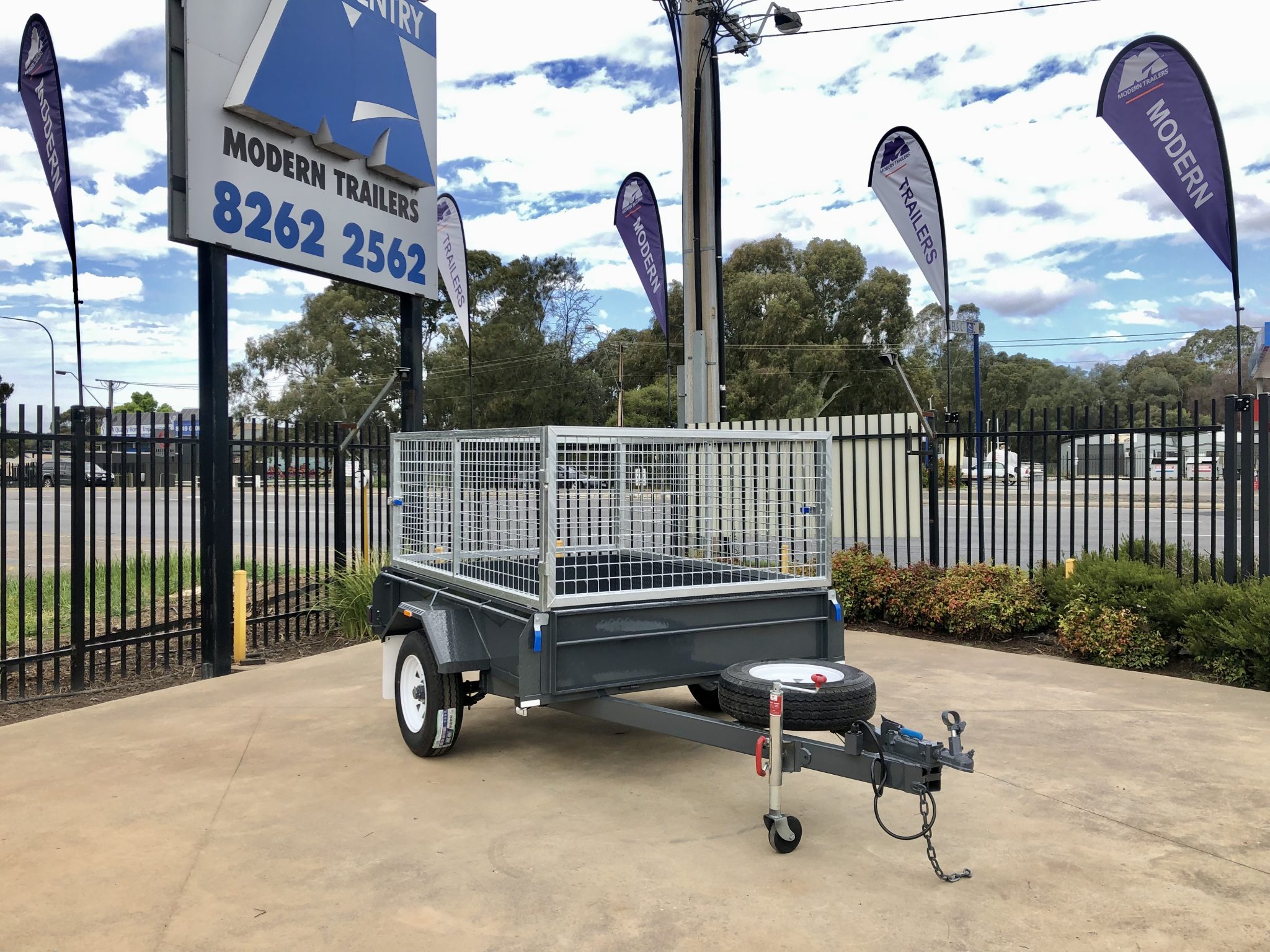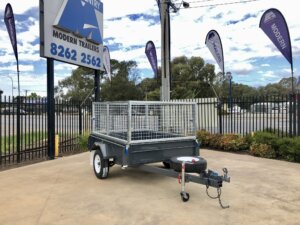How to Choose the Right Box Trailer for Your Needs


When people start looking at box trailers for sale, they often find themselves unsure about what truly suits their day-to-day needs. Picking one without understanding key features can lead to overspending or underperforming gear. The right choice depends on knowing what to haul, how often it will be moved, and how rough the terrain might be. Check out this practical guide on selecting the right trailer based on what you carry, how frequently you use it, and where you travel.
Start with the Purpose
Understanding the primary use is the first step in narrowing your trailer options. Different loads require different setups. Someone shifting tools for daily jobs will need something quite different from a person towing bikes for weekend trips. Think about the size, weight, and nature of your usual cargo. If your load changes frequently, look for versatile setups with sturdy flooring and secure tie-down points.
Select the Right Size and Payload
Matching the trailer size and weight capacity to your needs prevents breakdowns and damage. Smaller trailers may work for household or light-use purposes. However, heavier jobs require more space and a higher load capacity. Always check the trailer’s Gross Vehicle Weight Rating (GVWR). Overloading a trailer can strain the trailer suspension and cause long-term wear or sudden failure. If you’re unsure, choose the next size up.
Consider Material and Build Quality
Frame and skin material significantly impact strength, weight, and maintenance requirements. Steel trailers are solid and often cheaper, but prone to rust. Aluminium trailers cost more but resist corrosion and weigh less. Floors with thick plywood or composite surfaces can better withstand pressure. Welds and frame strength also matter, where strong seams and reinforcements increase safety and lifespan.
Understand Axle Types and Suspension
Axle setup and trailer suspension directly affect how safely and smoothly you tow. Single-axle trailers are easier to turn and better for light loads. Tandem axles give more stability at higher weights. The trailer suspension plays a big role in absorbing bumps and protecting the cargo. Torsion suspensions offer smoother, quieter rides. Leaf springs are more common and easier to replace, but they can be rougher on uneven roads. Always inspect the suspension quality when browsing box trailers for sale, especially if your route includes long distances or off-road conditions.
Check Access and Loading Features
Convenient access makes regular loading safer and faster. Ramp doors are suitable for those who need to roll items into the trailer. Barn doors work well for smaller, hand-loaded items. Side doors provide quick access without requiring the rear doors to be opened. Inside, look for tie-downs, anchor points, and lining that protects the walls. If you carry different shapes and sizes, flexibility in door layout and space division is helpful.
Factor in Security and Weather Protection
Securing your gear from theft and weather damage matters just as much as getting it from point A to B. Good weather seals and roof designs stop leaks and keep moisture out. Some trailers also include vents or insulation for heat control. For added safety, go for trailers with reinforced locks and hidden latches. Heavier skins also make it harder for someone to force entry.
Review Hitch Type and Compatibility
The trailer you choose must match your vehicle’s towing specs and hitch type. Check your car or truck’s tow rating and match it with the trailer’s weight. Most box trailers for sale come with standard ball couplers, but heavier trailers may require a gooseneck coupling. The hitch height should also be level for safe and stable towing. Don’t ignore the tongue weight. If it’s too low or too high, it could affect how your vehicle handles turns and stops.
Budget for Long-Term Use
The initial price is only part of the total cost; maintenance and upgrades also contribute significantly. It’s tempting to buy the cheapest option, but weak trailer suspension or poor build can lead to higher repair costs. If buying second-hand, check tyre condition, brake wear, and signs of rust. New trailers typically come with warranties, whereas used ones require a closer inspection. Maintenance also includes greasing axles, checking lights, and securing loose parts on a regular basis, typically every few months.
Don’t Overlook Local Rules and Licences
Some trailer types may need special permits or fall under specific laws. Depending on where you live, trailers exceeding a certain weight are required to be registered, have a brake system, or display inspection stickers. Make sure the one you choose complies with these rules. It’s also worth checking insurance coverage and what’s required for safe road use.
Compare Before Buying
Take time to compare features across different models and dealers. Look beyond just photos, like visiting in person, or ask for detailed walk-through videos. Some trailers may look similar but differ in weld quality, metal gauge, or even the type of trailer suspension. Ask about warranties, servicing help, and if upgrades like spare wheels or racks are included. Choosing the right trailer takes time, but it’s worth it in the long run.
Conclusion
Choosing a box trailer isn’t just about price or looks, but it’s about long-term ease, safety, and suitability. The right trailer should match your towing vehicle, carry your load without strain, and offer features that keep your cargo secure and protected. With a wide variety of box trailers for sale, comparing them based on build, size, trailer suspension, and usability helps you make the right choice. A well-chosen trailer will provide years of reliable support without trouble. Take your time, ask questions, and pick something that suits your real needs.




